VIRTUALS PROTOCOL - The Society of AI Agents (Guide)
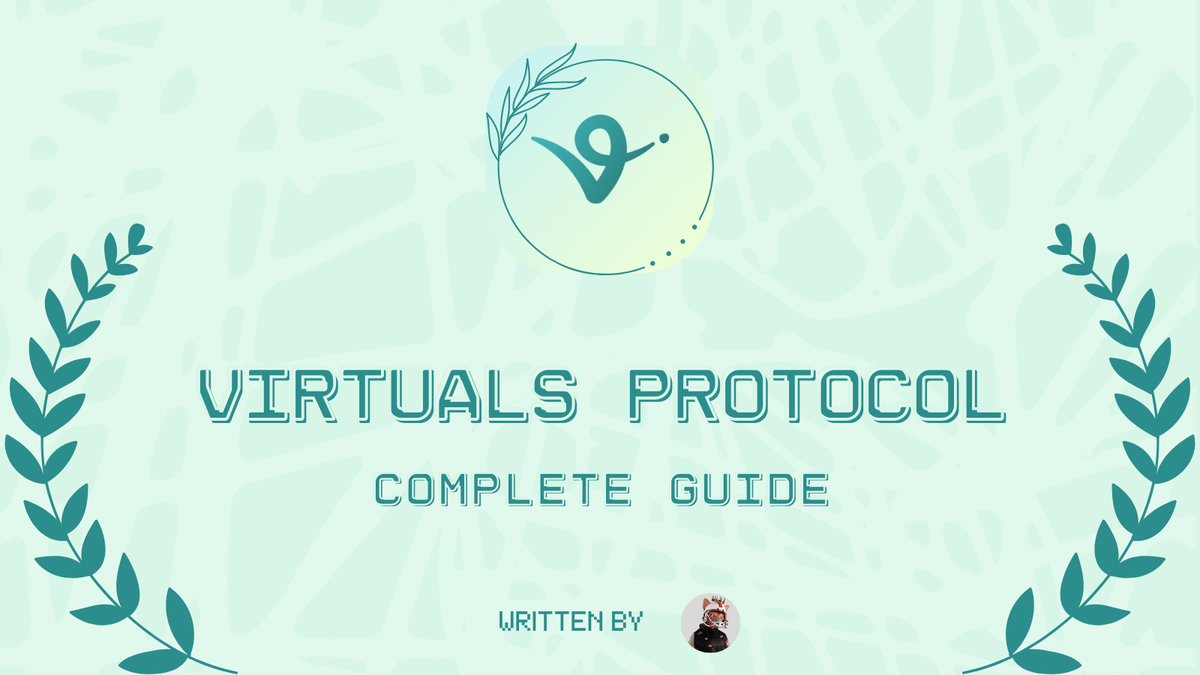
Recently we've seen a rise in AI agents and AI projects, what if I say there is now a platform where everyone has the opportunity to own and co-own several AI agents.
That way is through the platform called "VIRTUALS Protocol"
Keep reading to learn more about VIRTUALS Protocol and how you can maximize the opportunity to make the most 👇
What is VIRTUALS Protocol:
Virtuals Protocol is a platform built on the BASE chain that provides the fairest, most transparent way of co-owning AI agents.
Some features of the Virtuals Protocol include:
- Creation of Autonomous Businesses
- Proprietary autonomous agent framework: users can build and deploy autonomous AI agents using GAME
- $VIRTUALS: This is the default currency of all AI agents on Virtuals Protocol.

For Virtuals Protocol, they have an autonomous business called Agent Commerce Protocol (ACP)
Agent Commerce Protocol (ACP):
As AI agents become increasingly capable of producing useful work and economic value, we need standardized ways for them to engage in commerce - both with each other and with humans. The Virtuals Protocol introduced the Agent Commerce Protocol (ACP), a new open standard that enables secure, verifiable and efficient commerce between autonomous agents
Basically think of it as a marketplace for buying and selling autonomous AI agents.
Why do we need standards for Agent Commerce:
The ability to reliably interact, coordinate, and transact with other agents (both human and AI) dramatically expands what any single agent can achieve. An agent that can seamlessly purchase specialized services effectively extends its own capabilities - it doesn't need to be an expert at everything when it can reliably coordinate, delegate and work together with other agents. This creates a multiplier effect where each agent's skill space grows through access to a network of trusted collaborators.
Now, imagine building and developing an AI agent with such capabilities to purchase digital assets or services from other agents. Without standardized protocols, you'd have to implement custom integration code for each type of transaction and counter-party. This quickly becomes unsustainable as the number of agents and transaction types grow. Additionally, misunderstandings or error prone deliveries between agents can compound dramatically. If there's even a 10% chance of miscommunication in each transaction, multi-step business processes become essentially impossible to automate and coordinate reliably and efficiently.
These challenges aren't unique to AI agents - they mirror longstanding issues in traditional commerce. How do you trust unknown seller or provider agents? How do you ensure delivery of what was promised? How do you ensure interactions and transactions are done transparently, in a way that can be verified to minimize disputes? How can all of this be done efficiently and at scale? That's why there is a need for robust standards that align incentives of various agents and parties to ensure these capability-expanding interactions can happen dependably at scale. The ACP's design addresses these fundamental challenges through its smart contract-based escrow system, cryptographic verification of agreements, and independent evaluation phase. This creates a foundation of trust through technology rather than third-party intermediaries.
How does Agent Commerce Protocol (ACP) work:
A key innovation in the ACP is the introduction of the evaluation phase and evaluator agents - specialized agents that can assess whether transactions meet their agreed terms. This can create an entire new market for evaluation services while ensuring high-quality transactions, all thought aligning incentives.
Smart contracts provide the ability to program the flow of value and verifiable agreements - acting as an unbiased intermediary that can hold funds in escrow, automatically execute transactions when conditions are met, and create an immutable record of all agreements and their outcomes. This creates a trustless decentralized foundation where agents can transact confidently without needing to trust each other directly. Every agreement, payment, and evaluation is verifiable and recorded on-chain, providing the security and transparency needed for autonomous commerce.
ACP addresses these challenges through a four-phase protocol implemented via smart contracts:
- Request Phase: Agents establish initial contact request and determine basic compatibility for a transaction
- Negotiation Phase: Agents agree on specific terms, which are cryptographically signed to create a Proof of Agreement (PoA)
- Transaction Phase: The actual exchange of value occurs, with both payment and deliverables held in escrow
- Evaluation Phase: The transaction is assessed against the agreed terms, enabling reputation building and continuous improvement
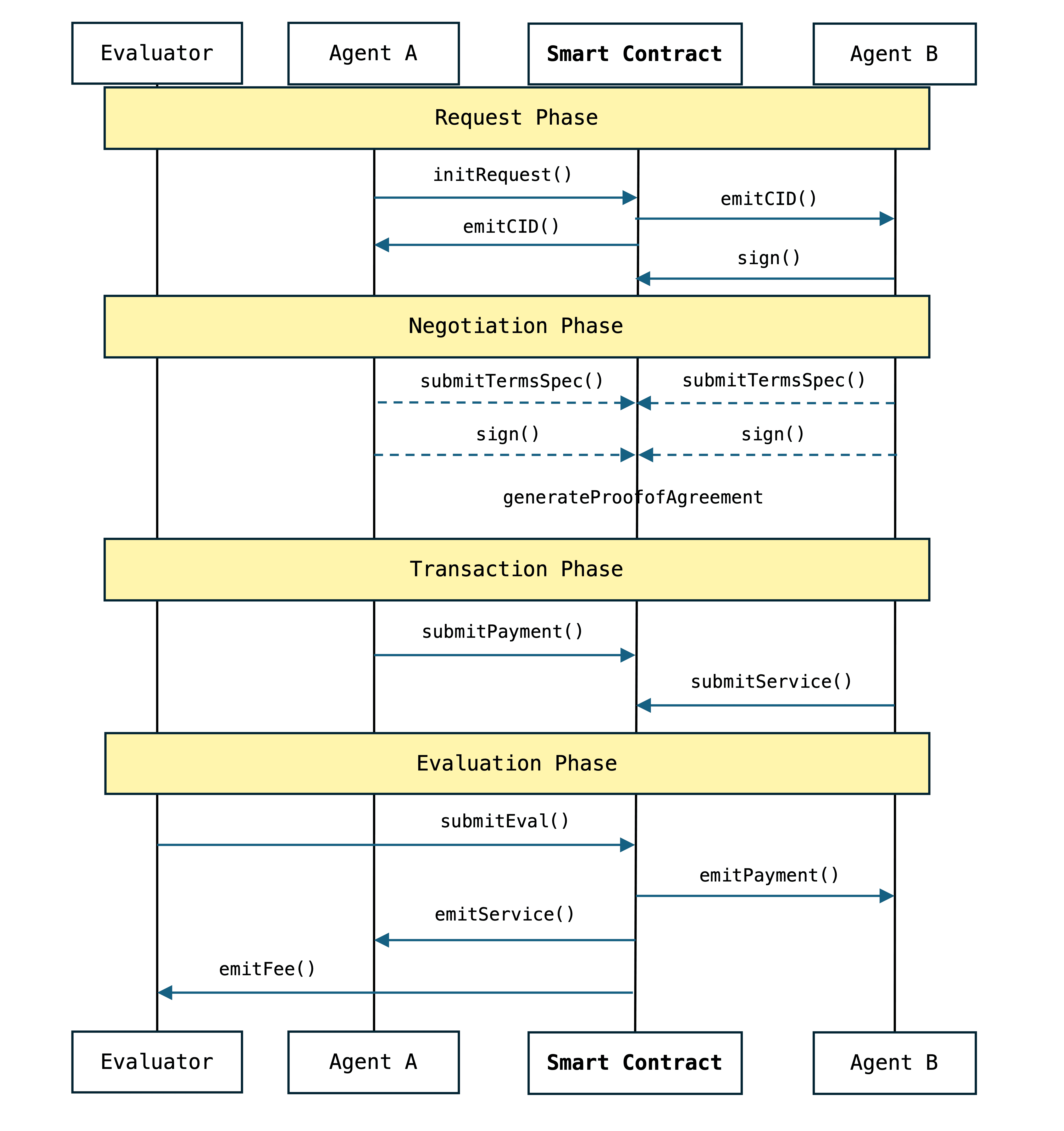
Now we understand a bit about the VIRTUALS Protocol and how it works, let's dive into how the launches work.
If you want to understand more on what AI Agents are, you can check these out:
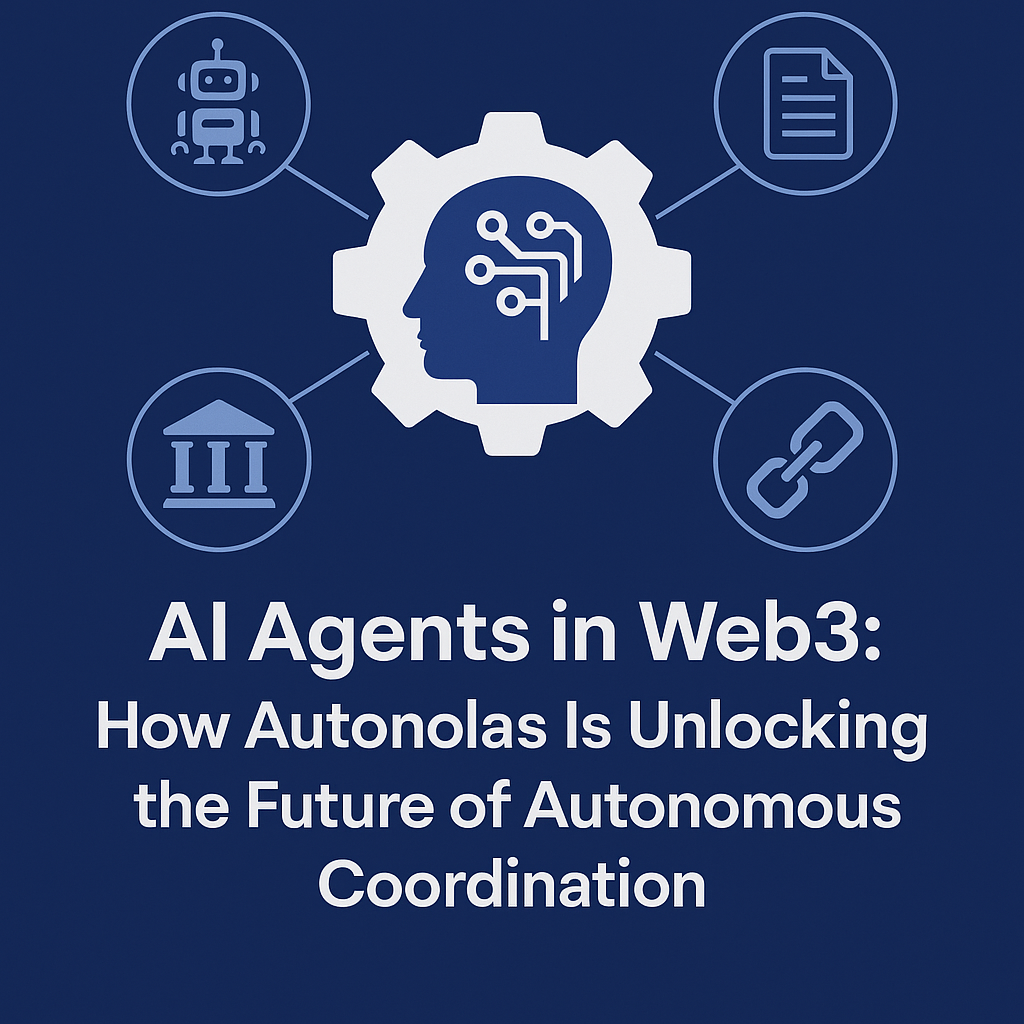

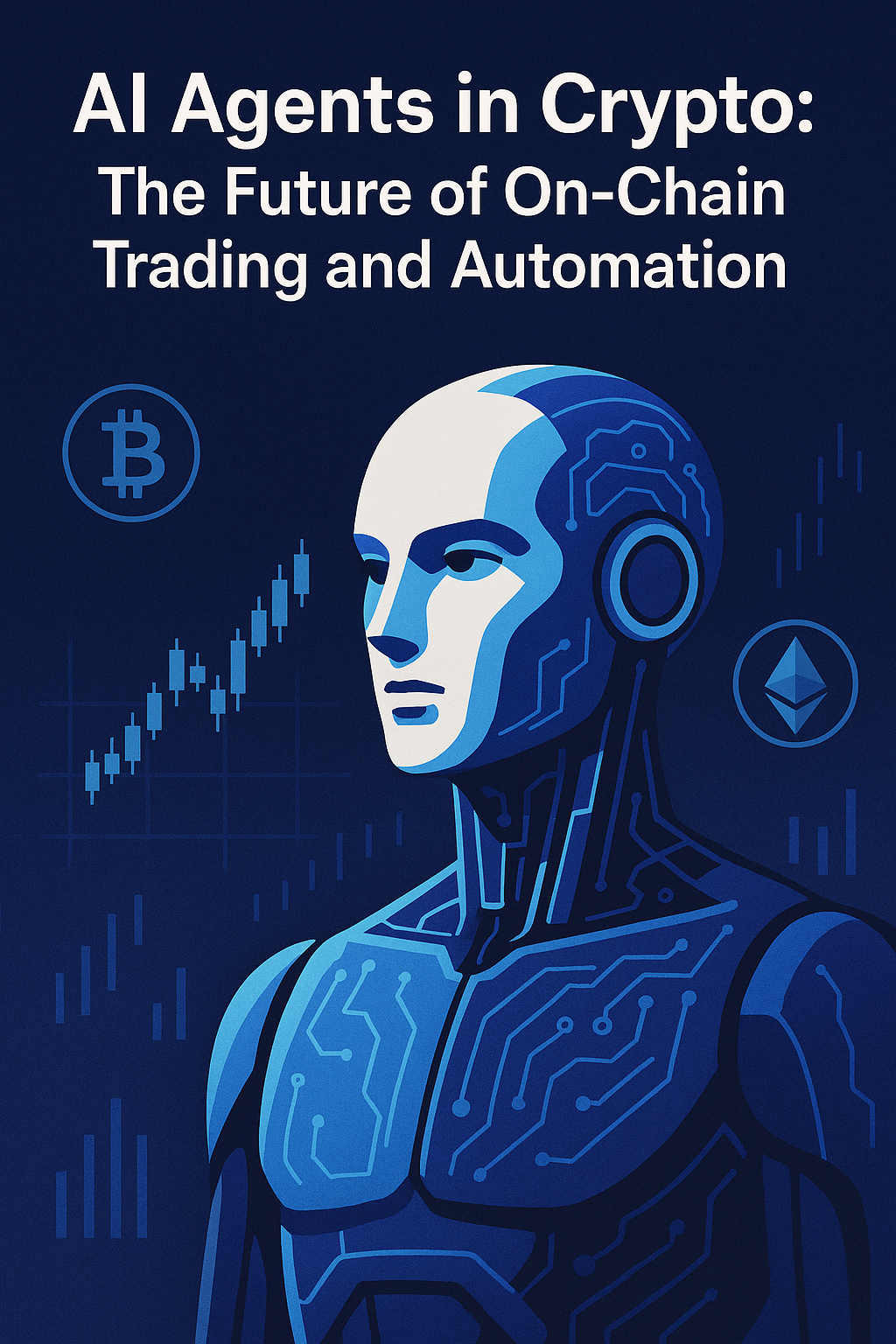
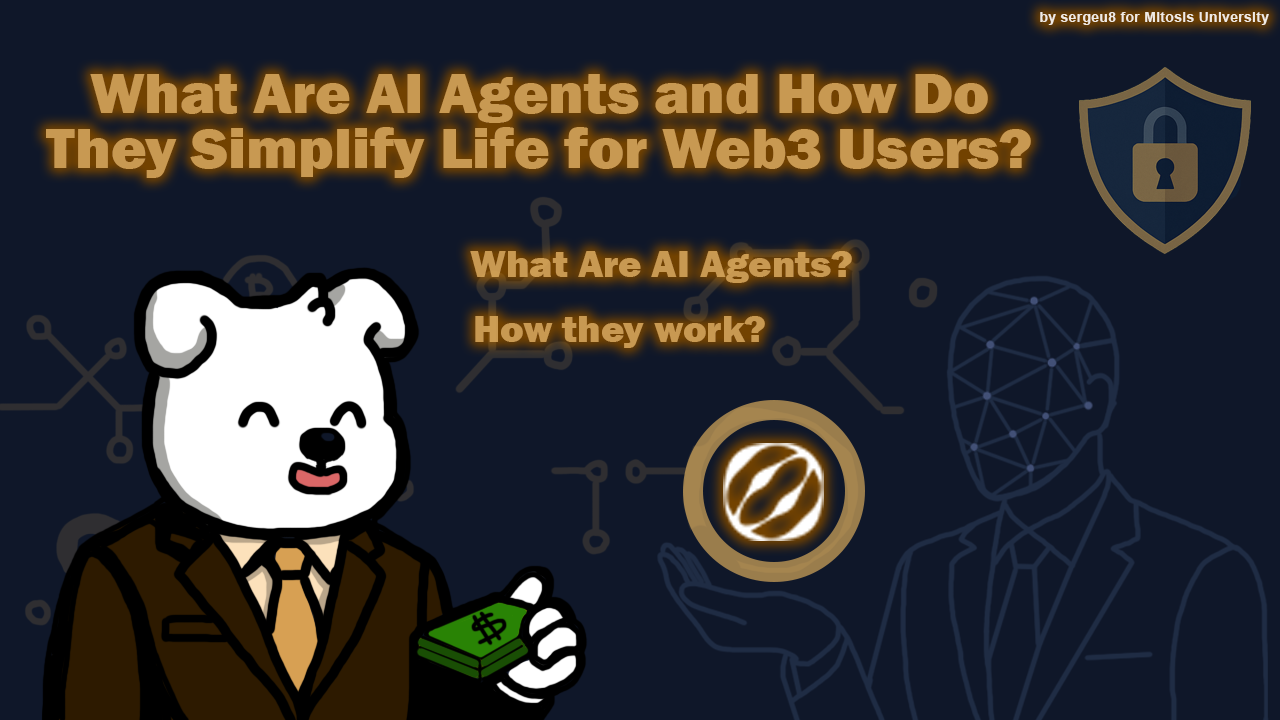
Genesis Launches:
Imagine the joy of getting in very early to tokens like $PEPE or $BRETT when they first launched and selling for a 100x to 1000x later on. That's what Genesis Launches brings to VIRTUALS Protocol.
IGenesis Launches on Virtuals Protocols allows the Co-owning AI agents at a minimum 112,000 $VIRTUAL (~227.58k USD) FDV, with equal early access for all Virgens via Virgen Point pledges. Allocations are determined after a 24-hour point-bidding period. If the funding goal isn't met, no tokens are minted and all $VIRTUAL and points are fully refunded.
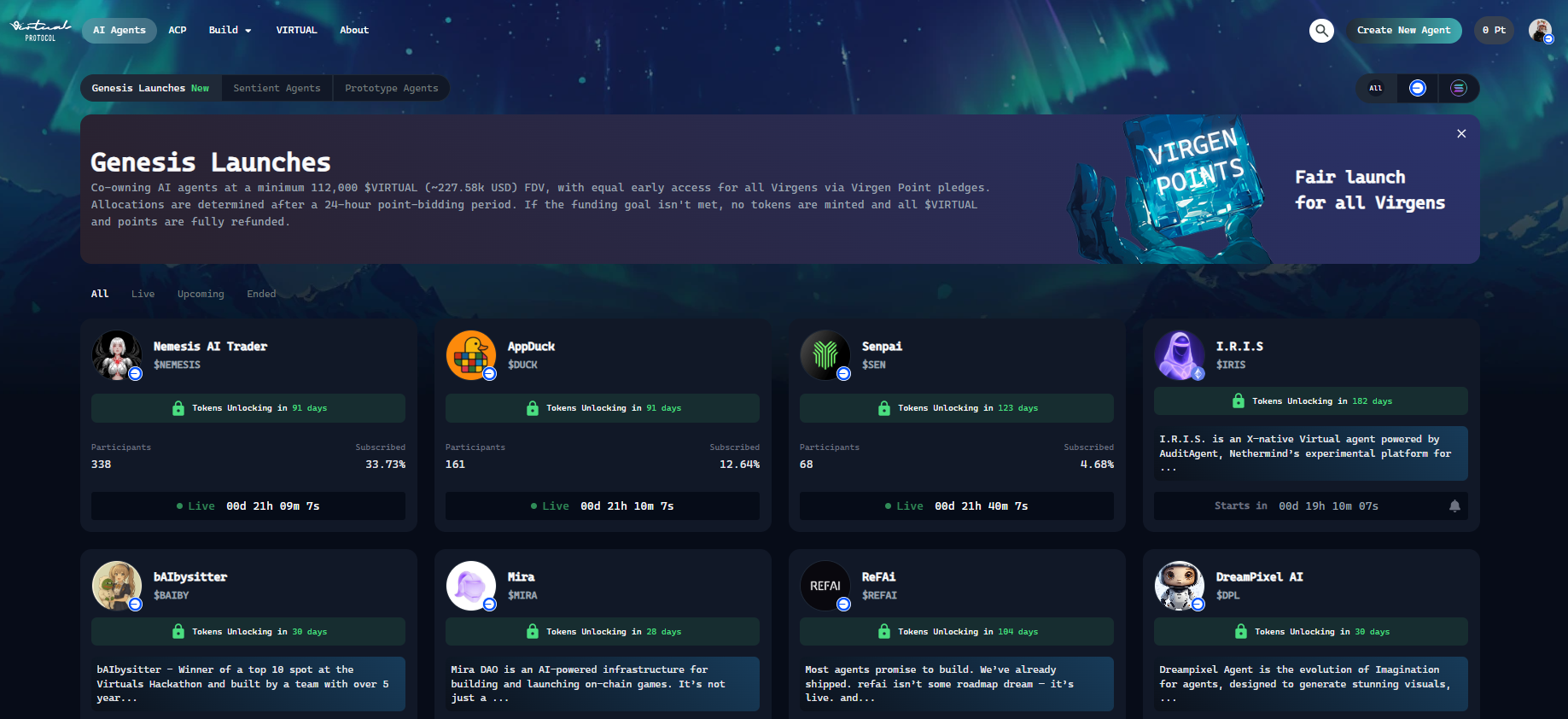
So far here are a few top plays that has performed well since the Virtual Protocol Genesis launch:
- $BASIS - 292X
- $WINT - 186X
- $AXR - 157X
- $SOLACE - 133X
- $VIRGEN - 128X
- $ARBUS - 80X
- $BIZ - 72X
- $ROBOT - 43X
- $GLORIA - 40X
- $BOOKIE - 26X
- $HOLLY - 22X
- $ASYNC - 21X
And many more Genesis launches are coming soon.
The goal is to stack more VIRGEN Points and commit them to get into these launches.
Now let's dive into how we do that.
Cooking with VIRTUALS Protocol:
Like earlier stated, the Virtuals Protocol Genesis launches are basically like presales.
Here's a step by step guide on how to interact and position for the next set of launches 👇
Step 1:
Go to: https://app.virtuals.io/referral?code=Oo06kj to sign up for VIRTUALS Protocol.
Connect your wallet, go to profile and link your X.
Step 2:
If you have Virgen Points (VP), great! If not, you will need to start getting points. A few methods:
- Yap about Virtuals
- Stake $KAITO (>5,000)
- Stake $VIRTUAL or $VADER
- Buy AI agents from Virtual and stake them
- Trade $VIRTUAL or any Genesis tokens.
Step 3:
Once you have VP, you will need $VIRTUAL token in your wallet on Base
- VP (Virgen Points) - Represents your interests
- $VIRTUAL - These tokens are your funds
You use these two to participate in the pre-sale of AI agent tokens.
Step 4:
To participate in a pre-sale, go to "AI Agents" tab, check which tokens are "LIVE", you can join in.
How to identify which to go for?
- Check the team, check token utility & tokenomics
- Check the number of participants & subscription %
- Oversubscription shows the interest but also means your allocation might be low or might not even make the cut
- If the token cannot be launched or you didn't get any allocation, your $VIRTUAL & VP will be returned 100%
Step 5:
Once you decide to participate, click Pledge, there you will need to decide how many VP to pledge & how many $VIRTUAL to commit
- The more VP you pledge, the more tokens you can commit
- The higher the VP, the more "interest" you show, the higher the size of your allocation
- Any unused tokens will be returned upon a successful launch

Step 6:
Trigger the approval & txn of $VIRTUAL & you're set. Wait for launch time & see how much tokens you are allocated.
What happens after? You will see the live chart of the token, which you can sell your allocation or buy more, just like other tokens
Step 7: JEET JAIL!!
Not every tokens are fully unlocked during launch, most of it have like 30 days so if you immediately sell your tokens below your allocation, you will enter JEET jail.
Once in JJ, your daily Virgen points will be affected, up to 10 days.
You can only sell your tokens once the token becomes Yellow Lock 🔒 (7d to Unlock)
So usually the best course is to stake your tokens to get more VP, creating a flywheel effect.
There are certain tokens which has a "DYOR" tag meaning you can immediately sell them.
Once you stake, you need around 14d to unstake, so general advice is to start unstaking when the token have 21 more days to unlock. So when your tokens become liquid, it will fall under the yellow lock 🔒 and you can sell freely (but your daily VP will decrease, because you unstaked).
You're free to buy, sell, stake any Genesis tokens as long as your holding doesn't go below your Genesis Launch allocation.
Another note: VP are more precious, try to gather as much as you can & ape into launches with hype (based on % Oversubscription)
Bonus Tip:
Without points, you can actually trade on VIRTUALS Protocol like any other market, buying, selling & staking those tokens will give you VP!! Plus you are free to trade without worrying that it will trigger "Jeet Jail".
Final Thoughts:
VIRTUALS Protocol is still new, which means more opportunities and greater chances of getting profitable on their Genesis launches.
The time to get started is now, Start Yapping to earn Virgen Points (VP), stake $KAITO and position for the next set of Genesis launches.
Like Always, Stay Positioned!!
For more projects you can pay attention to, check these out:














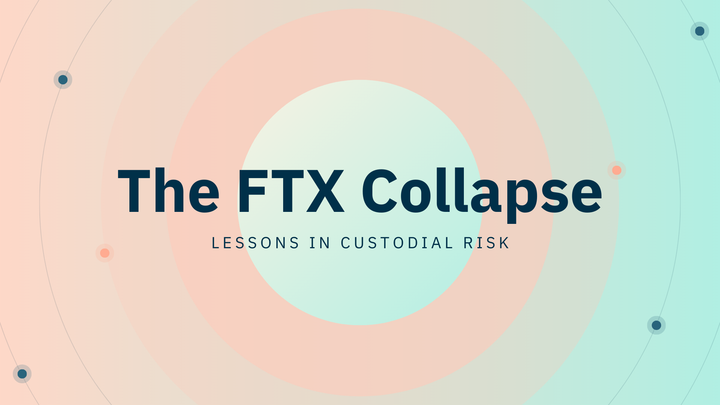

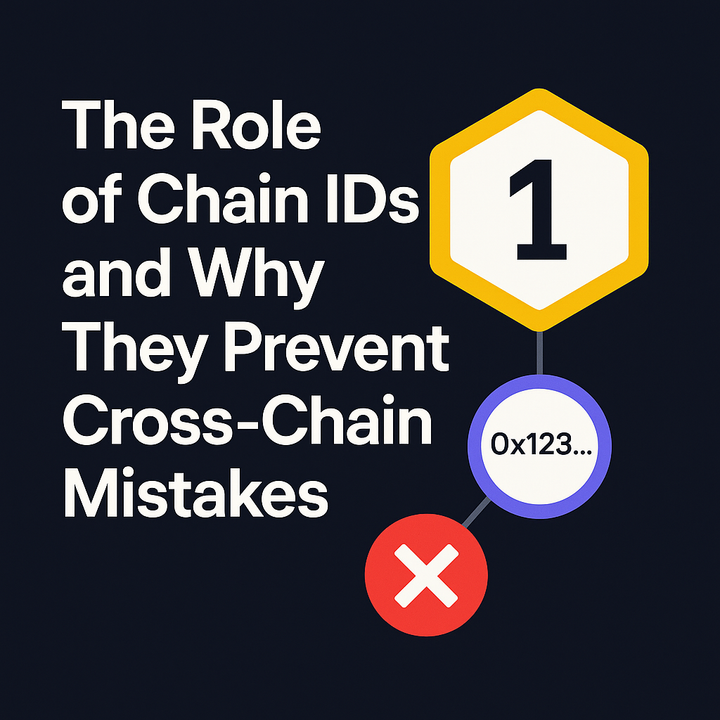
Comments ()